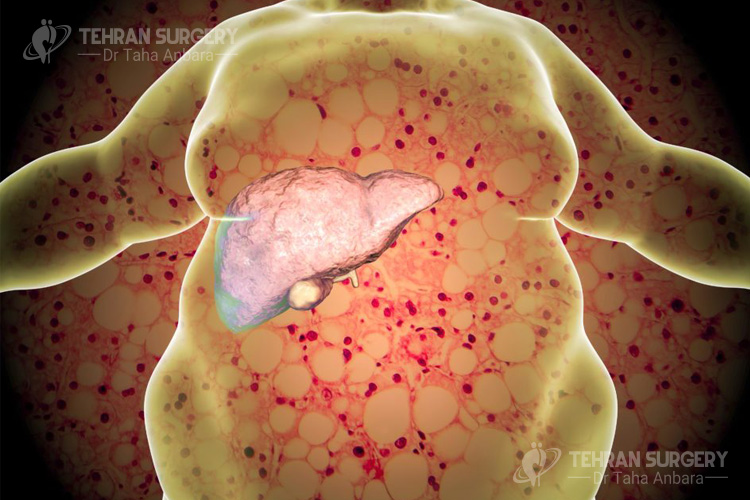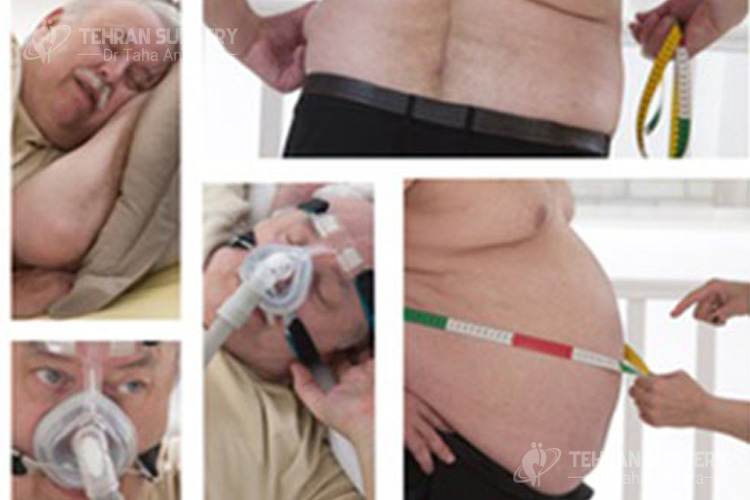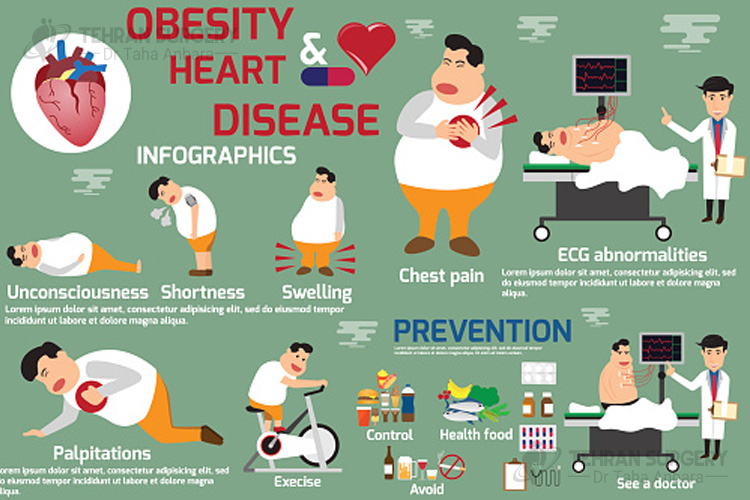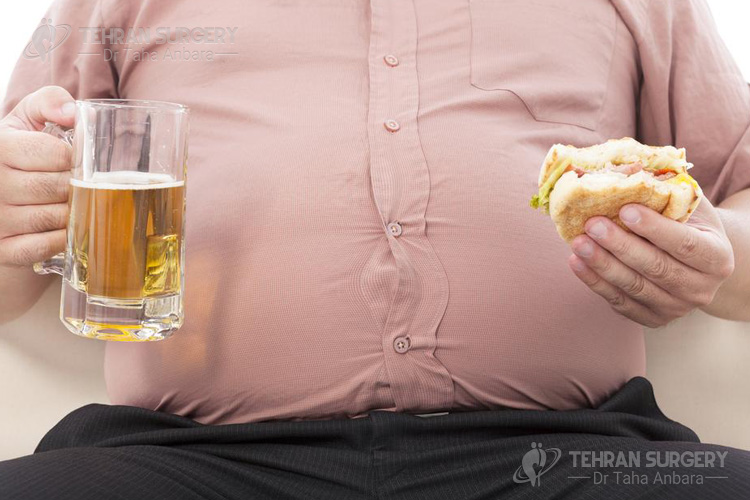
Everything about hair loss after bariatric surgery
It is common issue that some patients experience a temporary hair loss after bariatric surgery. Although not everyone will lose hair following the weight loss surgery but many people may do. The hair loss associated with weight loss surgery called telogen effluvium.
People who have had gastric sleeve surgery or gastric bypass surgery more likely have hair loss following the surgery than the other types of bariatric surgery such as banding surgery. Because the weight loss procedure is more rapid in these types of the surgeries and patients experience a higher prevalence of nutrient deficiency post up the surgery.
There are different factors which contribute to hair loss including hormonal imbalances, lack of nutrition and rapid weight loss, telogen effluvium, biotin and protein.
Telogen effluvium
Normally 90 percent of our hair is growing (anagen procedure) and the other 10 percent is resting (telogen procedure). After few months of hair rest, they begin to falls out. So it is normal you lose some hairs every day. But sometimes, some things such as surgery may cause more of your hairs going to rest and consequently more hair to lose. Telogen effluvium may occur after any surgery that require general anesthesia, not just bariatric surgery.
Vitamins and minerals
Since weight loss surgery patients eat less food after the surgery, so vitamin and mineral deficiencies is common following the bariatric surgery. It will lead to nutritional deficiencies and hair loss. Low level of zinc, vitamin A, vitamin B, iron and other vitamins and mineral causes hair loss. After considering your blood test, your doctor will prescribe you the required vitamins and minerals.
Protein
Another factor that can affect hair loss is receiving not enough protein following the surgery. According to American society of metabolic and bariatric surgery, weight loss surgery patients need to get 1.1 gram of protein per kilogram of ideal body weight. Although it is not a fixed rate for everyone, some people may need more or less amount of protein following the surgery. Your doctor can diagnose the required amount of protein base on your blood test.
Biotin
Biotin that also sometimes refer as B7 or vitamin is contributed in turning carbohydrates to glucose, supporting healthy skin, nail growth, hair and metabolizing fat and protein. Biotin deficiency can cause hair loss, depression, numbness and tingling in the hand, a scaly red rash on the face, hallucinations and fatigue. Although biotin deficiency is rarely occurred but you can prevent it by a healthy diet and taking good multivitamin.
Specific tips to prevent hair loss following the weight loss surgery
If you are considering bariatric surgery, below are some tips that help you to prevent hair loss after the surgery.
- Use Protein: you should consume enough protein following your surgery as well as foods that contain protein such as low-fat string cheese, Greek yogurt, lean and meat and skinless chicken.
- Consume multivitamin: nutrient deficiencies can cause hair loss, so you should use daily vitamins. It is recommended to use vitamin B12, Zinc, Biotin, Vitamin D and calcium citrate.
- Try iron: you need to check your iron level if you have hair loss after weight loss surgery. If your ferritin level which is indicative of iron storage is low, it may cause hair loss. Inability to regulate body temperature, weakness and fatigue are symptoms of iron anemia. In this condition you need to use iron rich foods such as red meat, dark leafy greens and iron enriched cereals.
- Take zinc: If you are still losing hair following the weight loss surgery, you need to add zinc to your diet. But make sure to consult with your doctor before adding zinc to your diet because excessive amount of zinc has serious side effects.
- Lessen emotional stress: avoid very close monitoring of your weight and thinking to the final results of your surgery. If you follow the recommended structures after the surgery, make sure you will achieve the expected results soon or even later. You can reduce your stress for achieving your bariatric surgery results by doing your hobbies and exercise because stress can cause hair loss.
- Do not overspend on low intake of calories and nutrients: some patients when see the great results in losing weight after the surgery, reduce the calorie intake and nutrients for a more weight loss. But It may lead to malnutrition.
Generally, hair loss is a common side effect of weight loss surgery that may occur for some bariatric surgery patients. You need a regular follow-up appointment with an expert bariatric surgeon to ensure about your vitamins and mineral intake as well as your blood levels.









